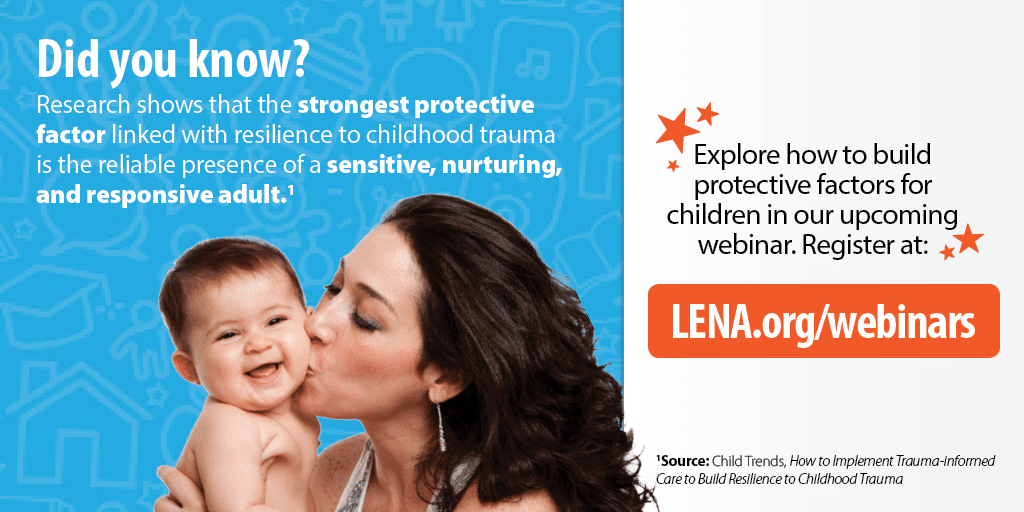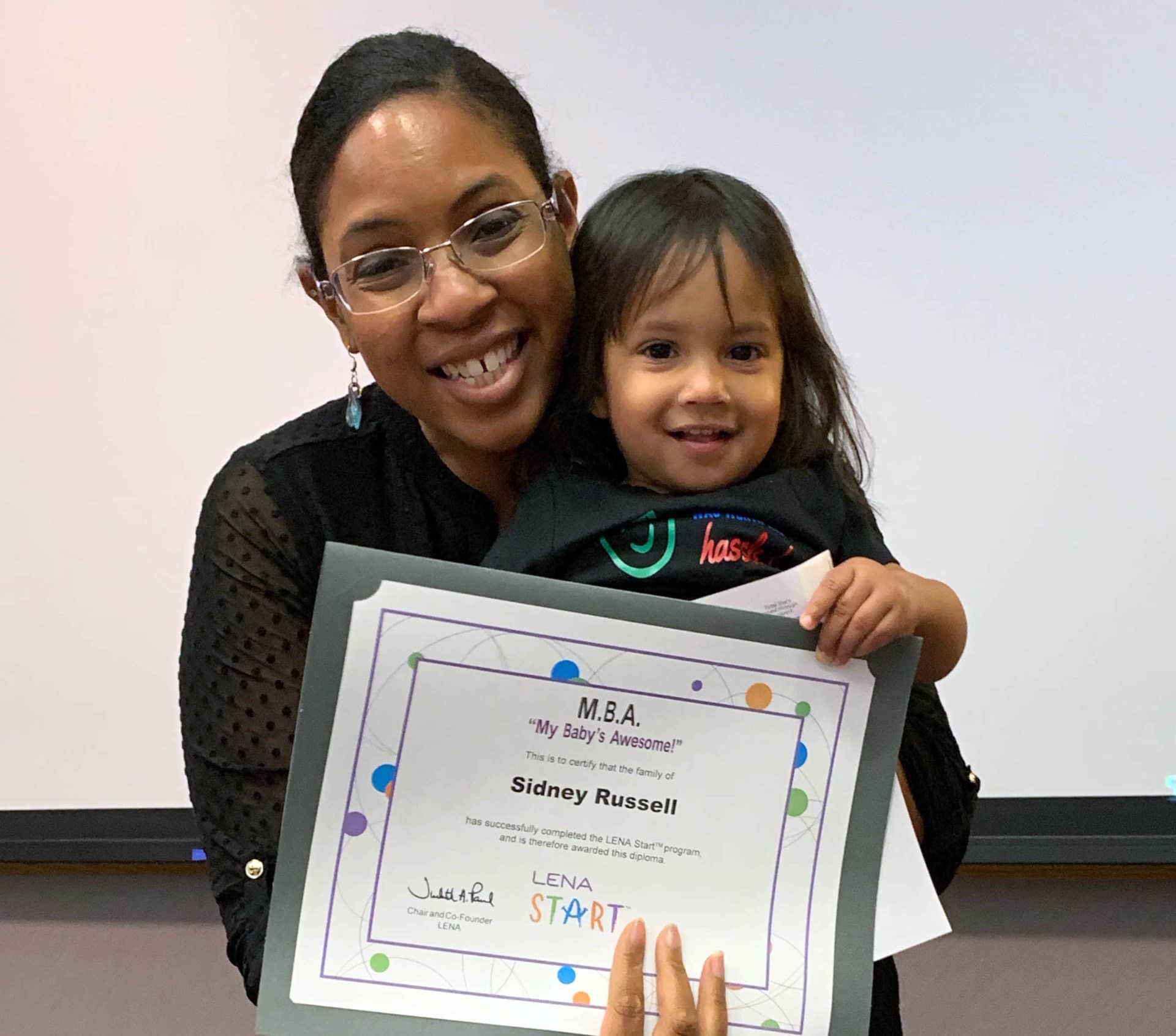
In this edition of the Research Roundup, we’ll be exploring research-based strategies for helping children to overcome adversity. Specifically, we’ll be looking at ways to prevent and mitigate the effects of adverse childhood experiences (ACEs), which are potentially traumatic events that can have negative, lasting effects on health and well-being.1, 2
The Centers for Disease Control and Prevention report, “ACEs are linked to chronic health problems, mental illness, and substance misuse in adulthood. ACEs can also negatively impact education and job opportunities. However, ACEs can be prevented.” Here, we outline factors that can help promote resilience to early trauma.
Strongest protective factor for children is a relationship with a caring, responsive adult
Children who are at risk of experiencing childhood trauma benefit from having a relationship with a loving, caring adult, research has demonstrated.
“Research shows that the strongest protective factor linked with resilience to childhood trauma is the reliable presence of a sensitive, nurturing, and responsive adult,” Child Trends reports.
The website explains that such an adult can help children to process traumatic events; restore a sense of predictability, safety, and control; protect them from further harm; and help them to develop self regulation.
A healthy adult-child relationship is one of several key protective factors that promote resilience in children. Other protective factors include having family and community support, a sense of safety, high self esteem, self efficacy, a talent or skill, and hopes and dreams for the future.
Read the full report in Child Trends, or explore strategies for helping children to develop resilience from the Center on the Developing Child at Harvard University.
Positive experiences offset the effects of early adversity, research suggests
A new study from Brigham Young University has found that positive childhood experiences, like having strong relationships with trusted adults, can mitigate the effects of childhood adversity and lead to long-term health benefits.
While much research has focused on the correlations between adverse childhood experiences (called ACEs) and negative health outcomes later in life, this study examined the role of positive experiences, dubbed “Counter-ACEs.”
Participants shared the number of ACEs and Counter-ACEs they’d experienced in childhood. Those who enjoyed more positive experiences — like having caring teachers, predictable home routines, and good friends and neighbors — reported better health outcomes in adulthood.
“If your child has experienced trauma and you’re worried about the long-term impact it could have on them, these findings show that the positive experiences in childhood lead to better adult physical and mental health, no matter what they have faced,” Ali Crandall, assistant professor of public health at BYU, said in a press release.
Read the full story at Science Daily or read the research in the Journal of Child Abuse & Neglect.
Understanding ACEs may help to shift common narratives about under-resourced individuals and groups
A study published in Children and Youth Services Review found that children who experienced more adversity in their childhood were more likely to report diminished life opportunities as adults. Specifically, participants with four or more ACEs were 2.34 times as likely not to graduate high school, 2.3 times as likely to be unemployed, and 1.6 times as likely to live in a household reporting poverty compared to those with no ACEs.
“Lack of access to education, employment, and income affects not only individual and group health but also the ability of individuals and groups to achieve their full human potential,” the paper explains.
This insight could be a helpful tool in changing narratives that blame individuals who have not achieved what others consider to be the full potential for their status, the authors note.
“The challenges described here are beyond the ability of parents and families to solve on their own,” they write. “Preventing early adversity and its consequences for children, families, and communities will require an all-of-society approach.”
The authors hope to inspire other researchers to use a similarly broad lens to understand how early adversity may affect the fabric of communities and society.
“Expanding studies to include other important indicators of access to life opportunities including, for example, high-quality schools or living wages, and situating findings within a theoretical framework that broadens our understanding of them as more than attributes of individuals, is paramount to gaining a more accurate understanding of what is needed to protect all children from early adversity,” they write.
Read the full study in Children and Youth Services Review.







One Comment on “Research Roundup: How to reduce the effects of Adverse Childhood Experiences (ACEs)”
excellent information